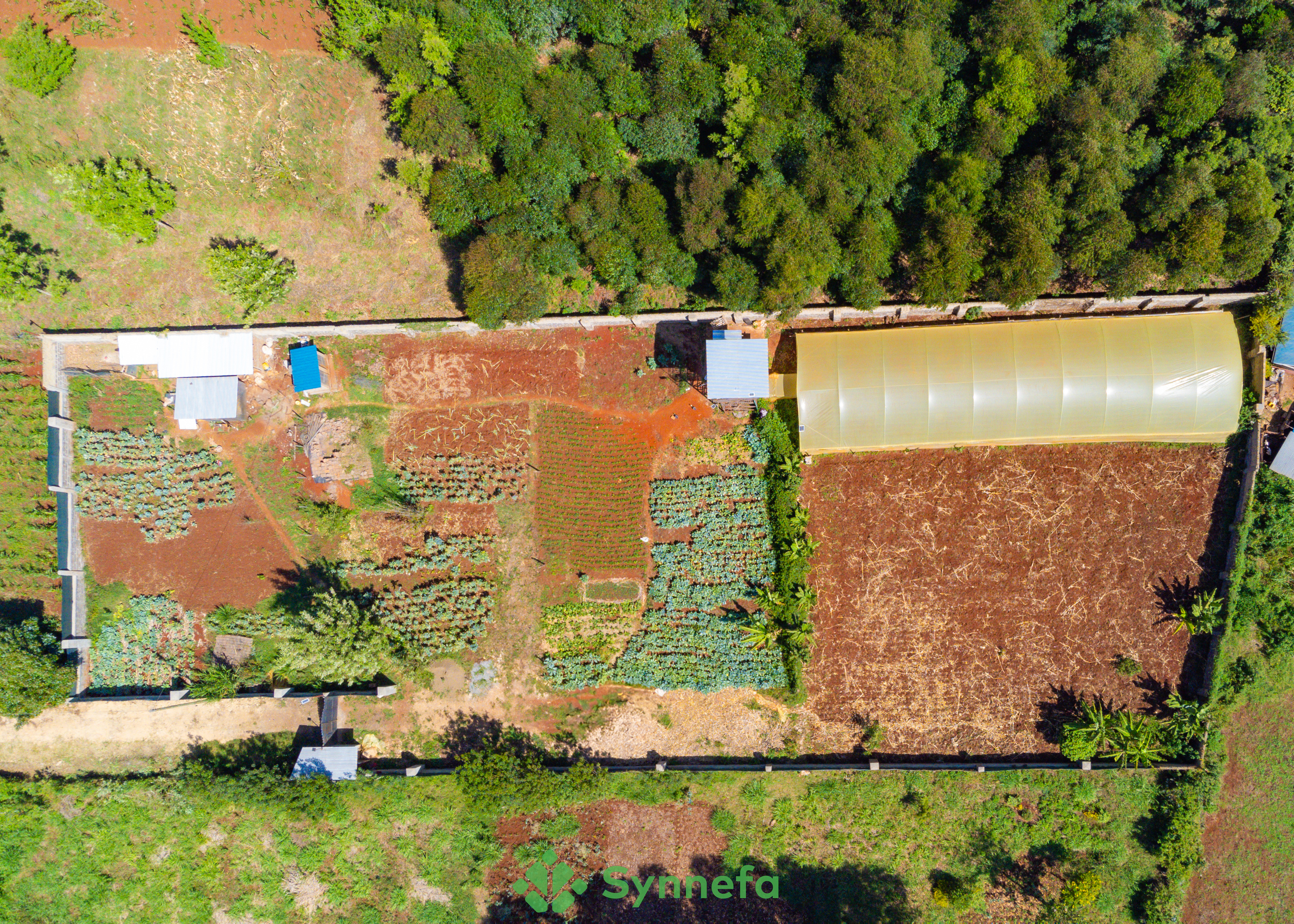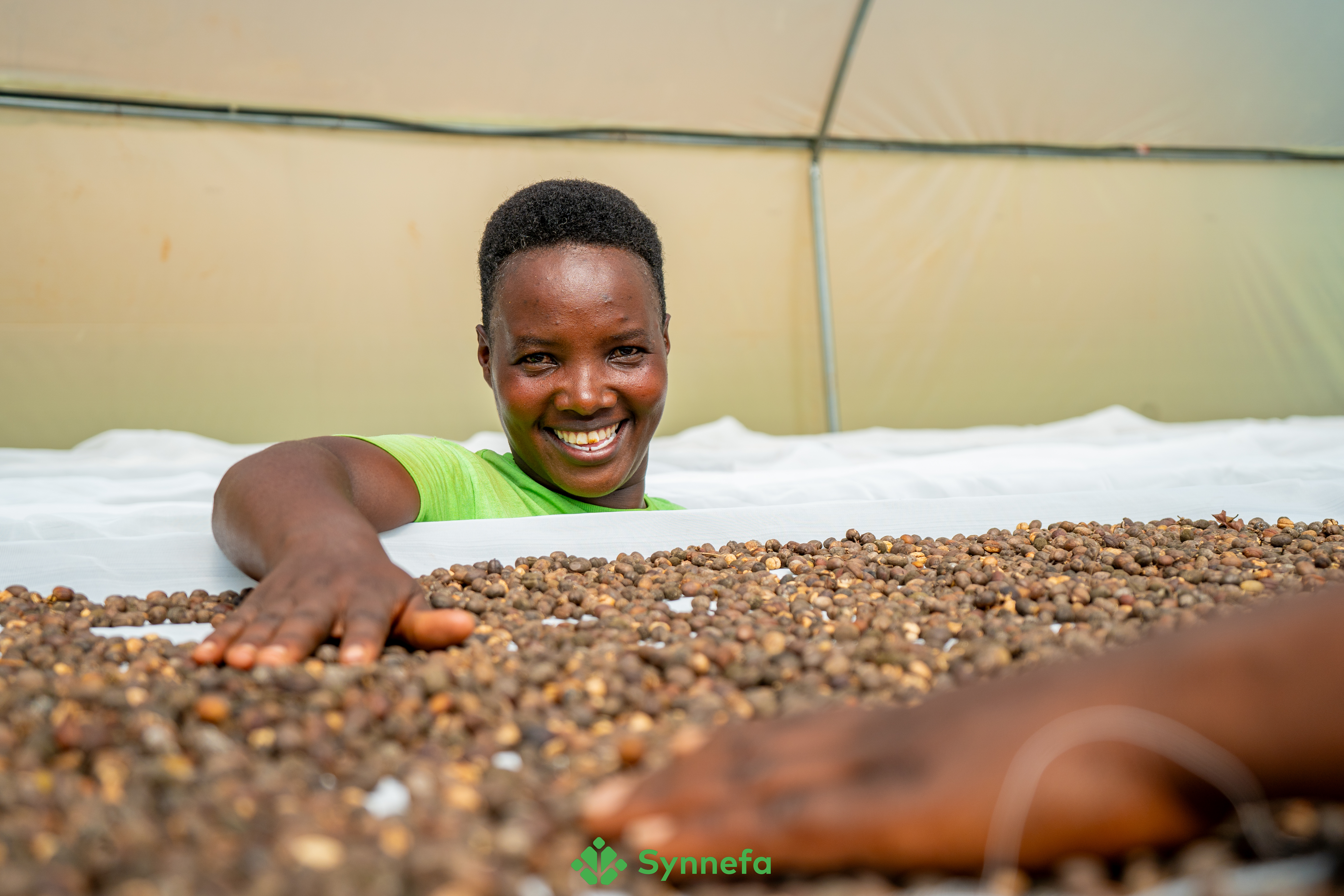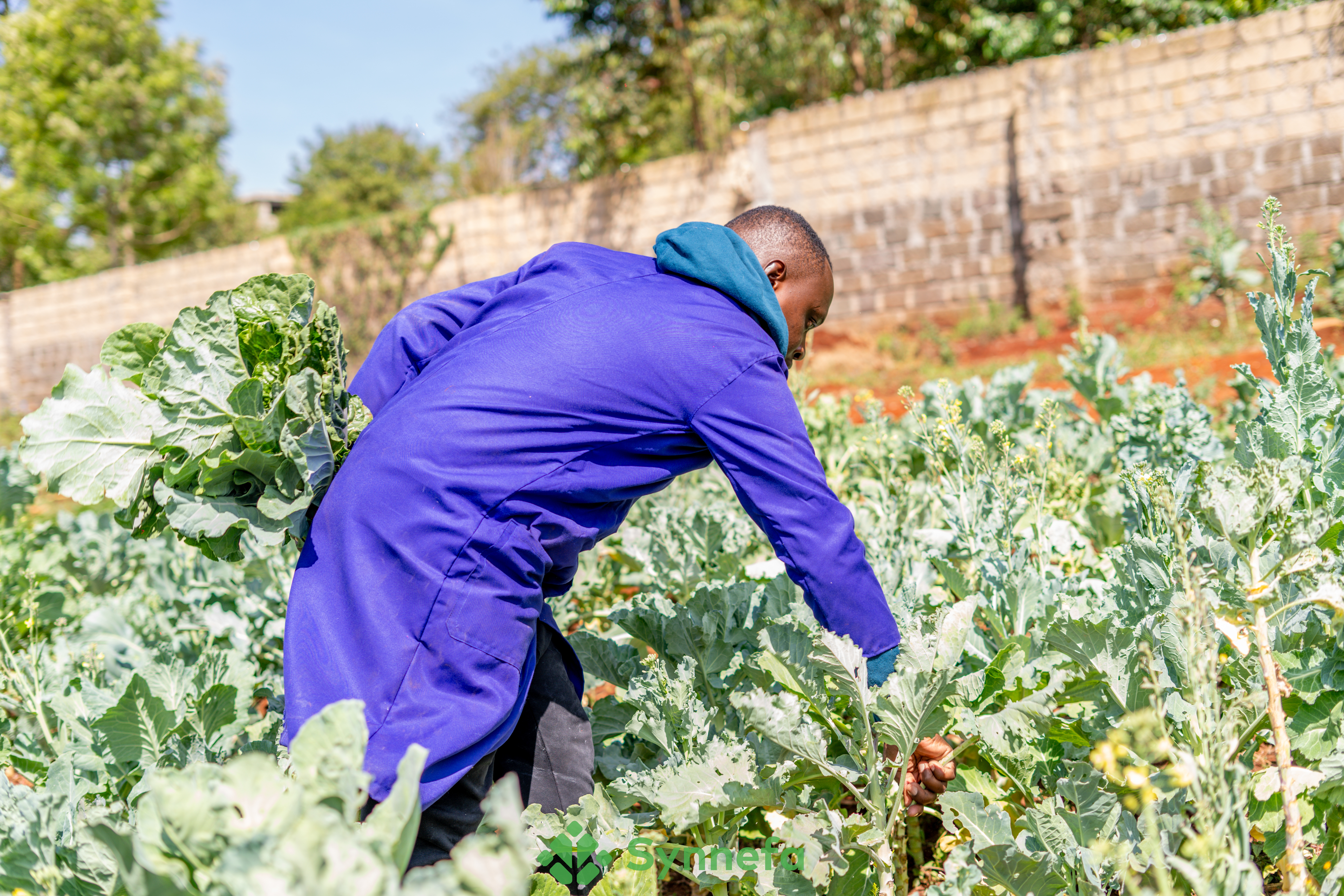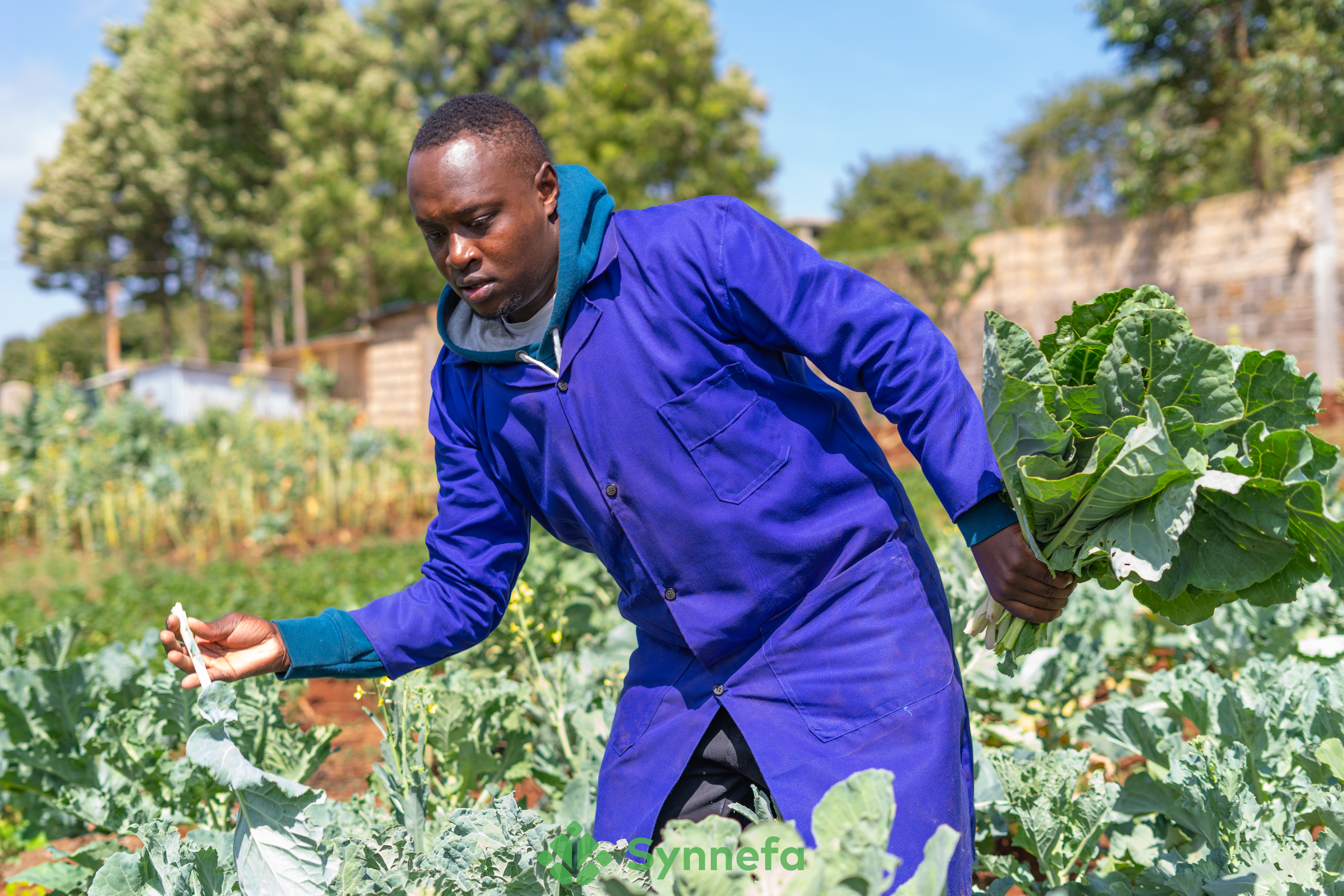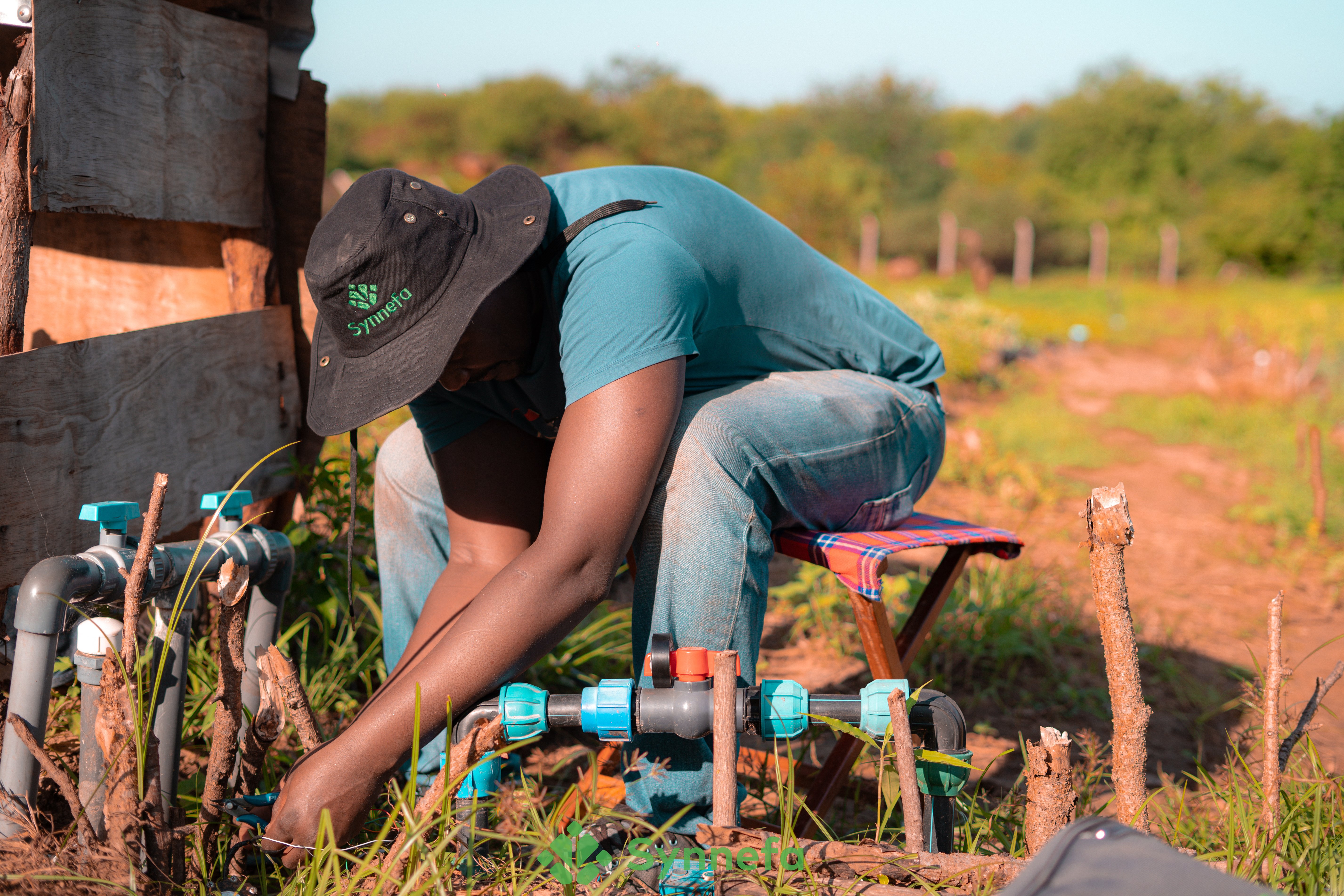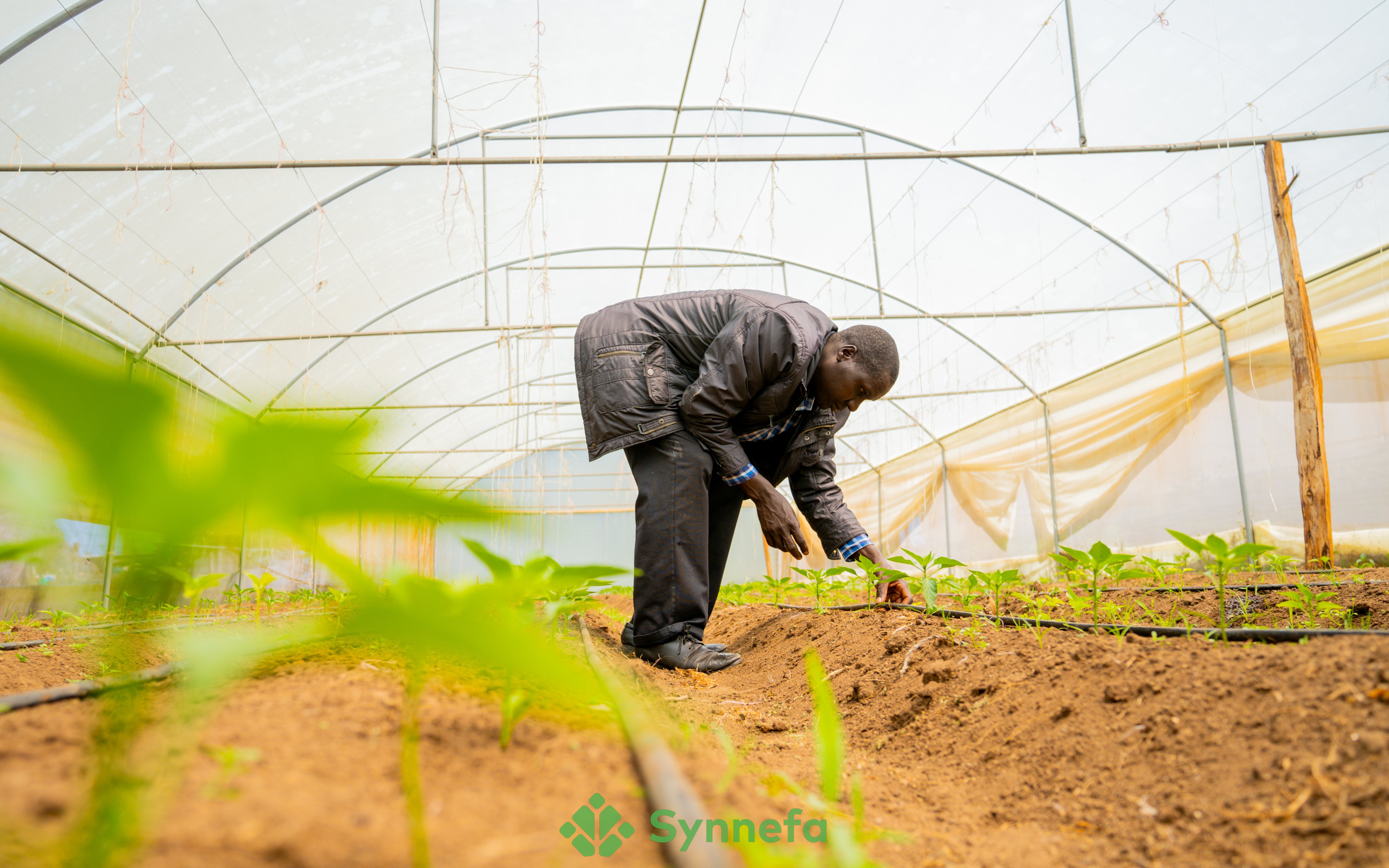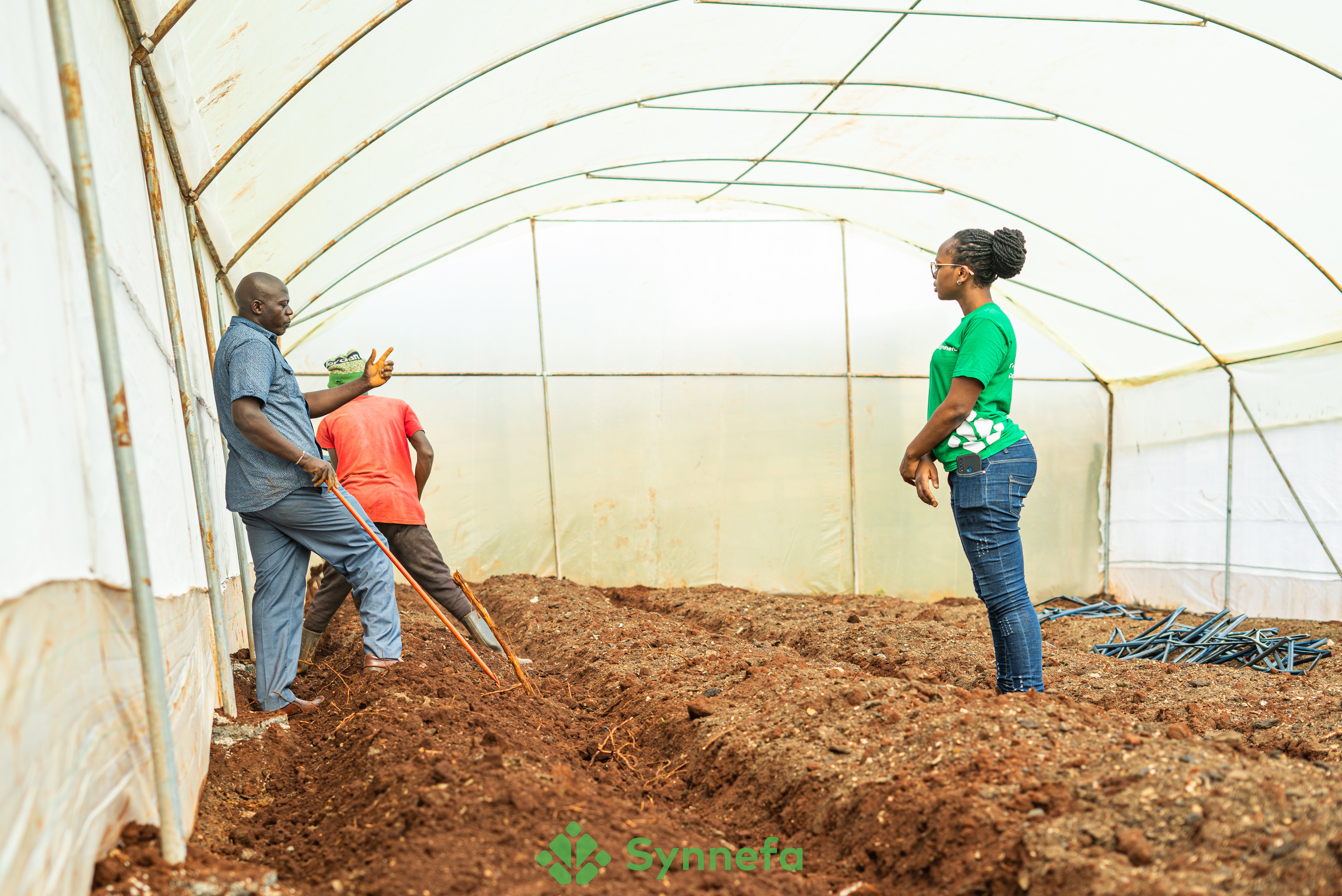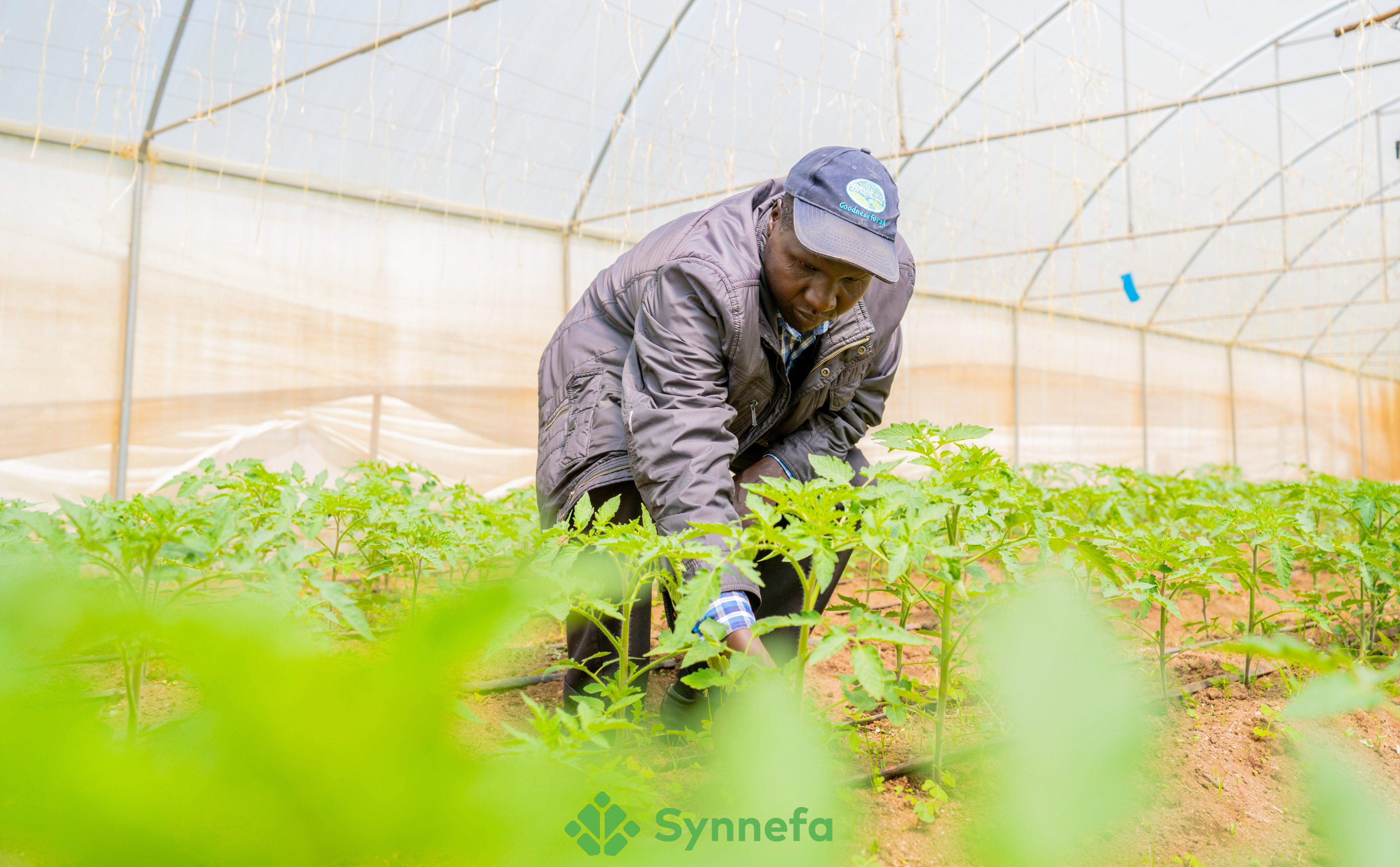5 Tips for Farmers to Start Successful Community-Supported Agriculture (CSA) Program
Take Synnefa, for example. Our work with small-scale farmers proves that when communities rally around local food systems, real transformation happens. We supply farmers with technology and empower them with knowledge, infrastructure and market access.You can access more about this on our FarmCloud Farm Management Tool.
This is the kind of support that makes CSA models sustainable. It’s not enough to have fresh produce and a great idea. That’s the future of farming will be about growing food and networks of trust and support. However, to start and run a successful CSA requires careful planning and commitment.


